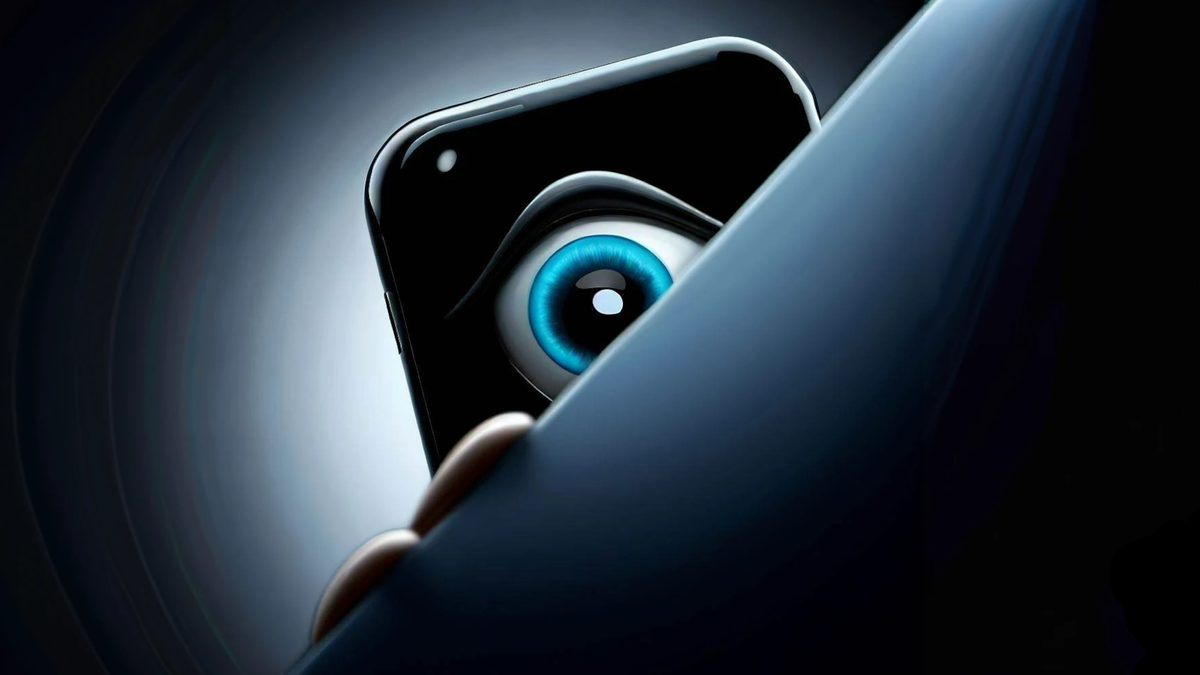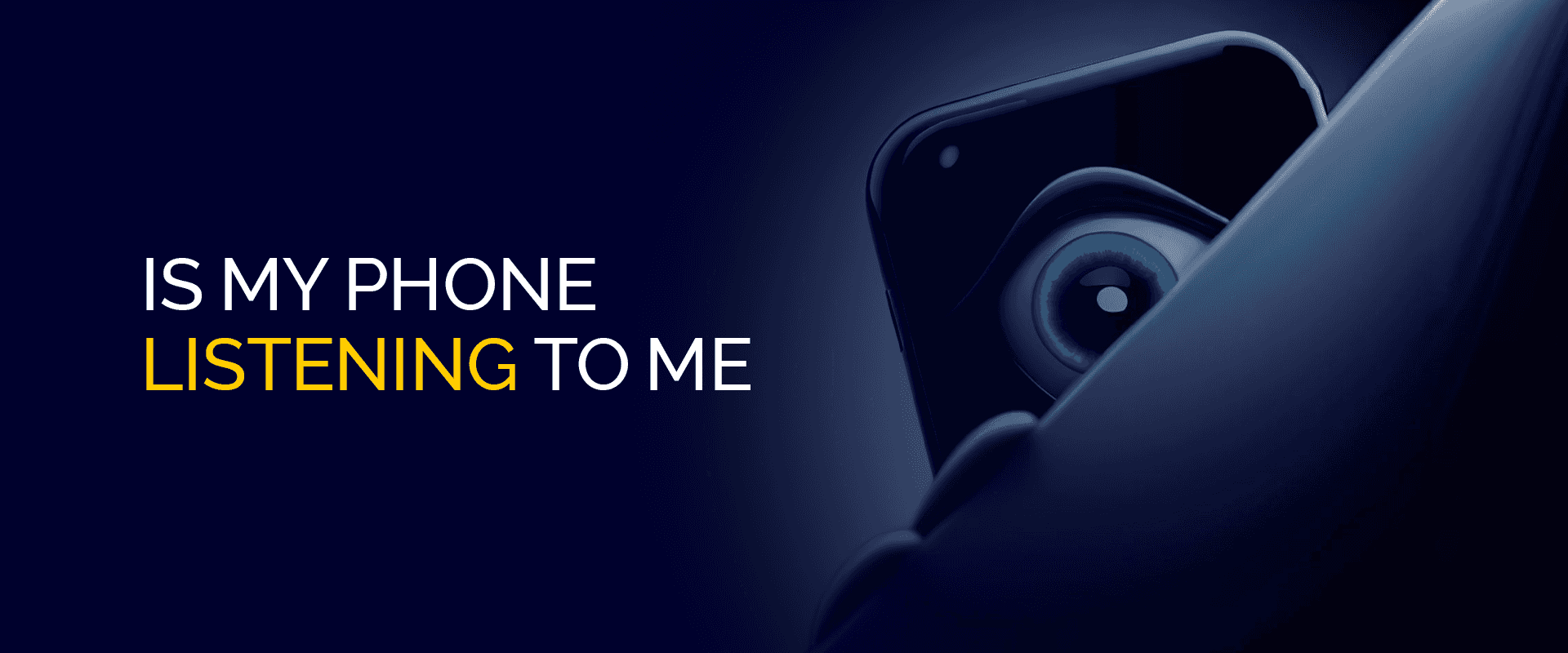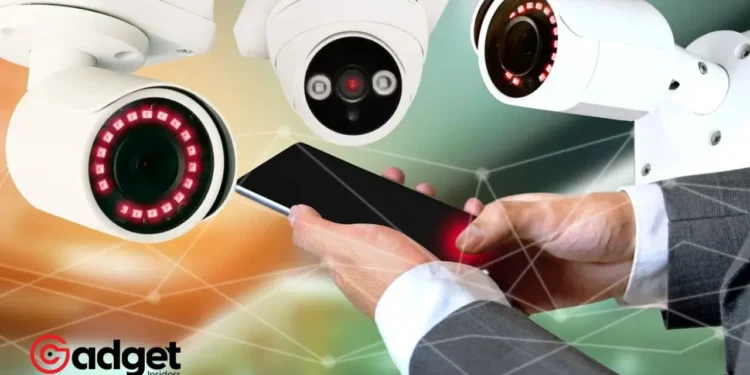Is Your phone listening to you? In an era where digital assistants are at our beck and call, the pervasive myth that our smartphones are covertly listening in on our conversations continues to unsettle many. This concern has led to heated debates and speculative articles, with claims suggesting that our devices are not just tools but spies in our pockets.
However, a deeper dive into the mechanics of digital advertising and privacy policies reveals a more nuanced reality. This article aims to unpack the myth, explore the origins of this misunderstanding, and present the facts about smartphone privacy and targeted advertising.
Phone Listening: The Origins of a Digital Myth
The narrative that our smartphones might be eavesdropping on us has been a topic of speculation for years. It gained significant attention in 2016, following a news segment and article suggesting Facebook’s invasive listening practices. This report, stemming from a misinterpretation of a University of South Florida professor’s statements, sparked widespread concern.

The timing coincided with Facebook’s ramp-up of targeted advertising capabilities, adding 98 new personal data points for advertisers, thereby fueling the myth further.
The subsequent Cambridge Analytica scandal, revealing Facebook’s misuse of user data, only served to make the idea of eavesdropping phones seem plausible.
Phone Listening: Misleading Headlines and Misinformation
The role of media in perpetuating this myth cannot be understated. Titles like “Your Phone Is Listening and It’s Not Paranoia,” published by Vice in 2018, contributed significantly to the spread of this misconception.
Despite such articles eventually clarifying that phones only record audio in response to specific voice commands, the initial impact of these headlines left a lasting impression on public perception.

Phone Listening: The Reality Behind Targeted Advertising
The belief that smartphones listen to our conversations to serve targeted ads is based on a fundamental misunderstanding of digital advertising practices. Advertisers do not need to resort to eavesdropping; they already have access to a treasure trove of data from our online activities.
From search queries to social media interactions and the use of cookies, the digital footprint we leave behind is more than sufficient for creating detailed user profiles.
Is your phone eavesdropping on your conversations? In this episode of The M Bomb, Csek Creative’s CEO and CMO discuss the technology used for online marketing. pic.twitter.com/osrQKDRKqF
— Csek Creative (@csekcreative) September 7, 2022
This comprehensive data collection negates the need for any covert listening mechanisms.
Phone Listening: Scientific Research Debunks the Eavesdropping Myth
In 2018, a study conducted by researchers from Northeastern University offered concrete evidence against the eavesdropping theory. After testing over 17,000 apps, including those from Facebook and Instagram, the researchers found no instances of apps activating the microphone surreptitiously.
This study, among others, serves as a strong rebuttal to the myth, further supported by features like the orange dot on iPhones that indicate microphone use, providing users with transparency and reassurance.
Phone Listening: Navigating Privacy Concerns in the Digital Age
While it’s natural to harbor concerns about privacy in our increasingly digital world, the myth of smartphones listening to our conversations distracts from the real issues at hand. The true challenge lies in understanding the vast amounts of data we willingly share online and how it’s used by advertisers.
By educating ourselves on these mechanisms, we can navigate the digital landscape more wisely, making informed decisions about our privacy settings and the permissions we grant to apps.

In conclusion, the fear that our smartphones are spying on us through active eavesdropping is unfounded. The reality of targeted advertising is far less sinister, relying on the wealth of information we provide through our digital interactions.
As we continue to engage with technology, staying informed about how our data is used and understanding the privacy tools at our disposal is crucial for maintaining our digital autonomy.









